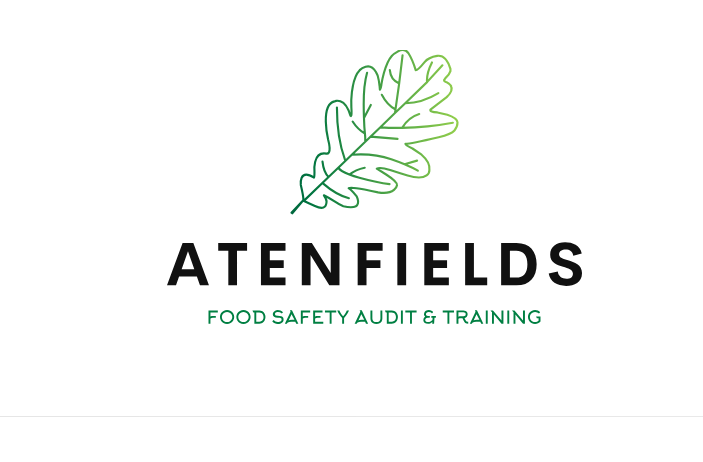When our auditor joined as a Quality Assurance Manager at a Dutch food processing company in Ukunda, their job was just like any other QA’s identify system gaps, be a thoughtful leader and close them with innovation. One big gap? Documentation.
When our auditor joined as a Quality Assurance Manager at a Dutch food processing company in Ukunda, their job was just like any other QA’s identify system gaps, be a thoughtful leader and close them with innovation. One big gap? Documentation.
This week, I had the pleasure of traveling to the breathtaking Laikipia County, where I experienced firsthand the innovative approaches being embraced for sustainable agriculture.
Principle 1: Conduct a Hazard Analysis, the first step in HACCP is identifying potential hazards in each phase of food production. These hazards can be biological (bacteria, viruses), chemical (pesticide residues), or physical (foreign objects)
Benefits were realized six months later when Mwende Organic Foods successfully achieved HACCP certification, a milestone that opened doors to new business opportunities. The company reduced product recalls
In today’s food industry, where public health risks from foodborne illnesses are a constant concern, the HACCP system plays a critical role in safeguarding consumers.

Our team of brings a wealth of experience across various sectors within the Kenyan food industry. We specialize in guiding small and medium enterprises (SMEs) through the complex processes of system implementation, certification, and continuous improvement.
Aten Fields Moptions Centre
1st Floor (near Fahari Gardens Hotel Road) Nairobi, Kenya
Call – 0773 397 851
